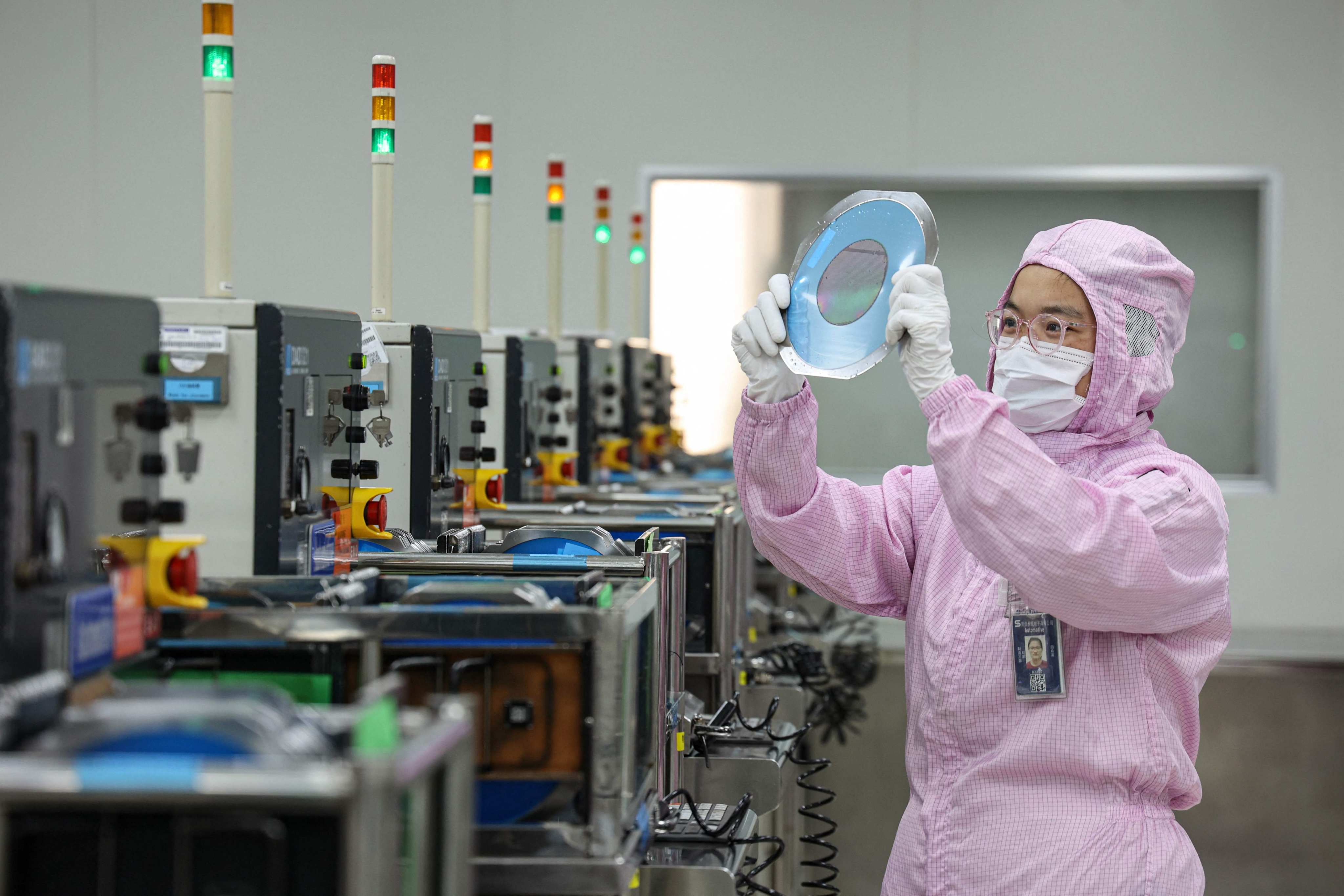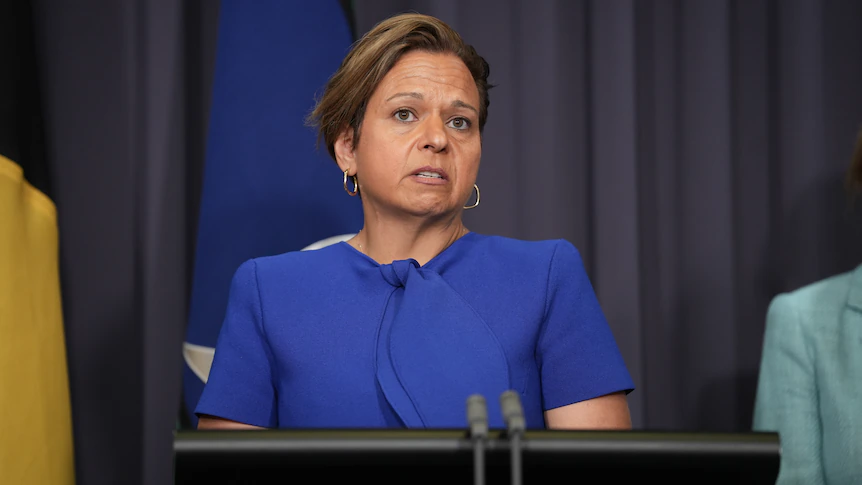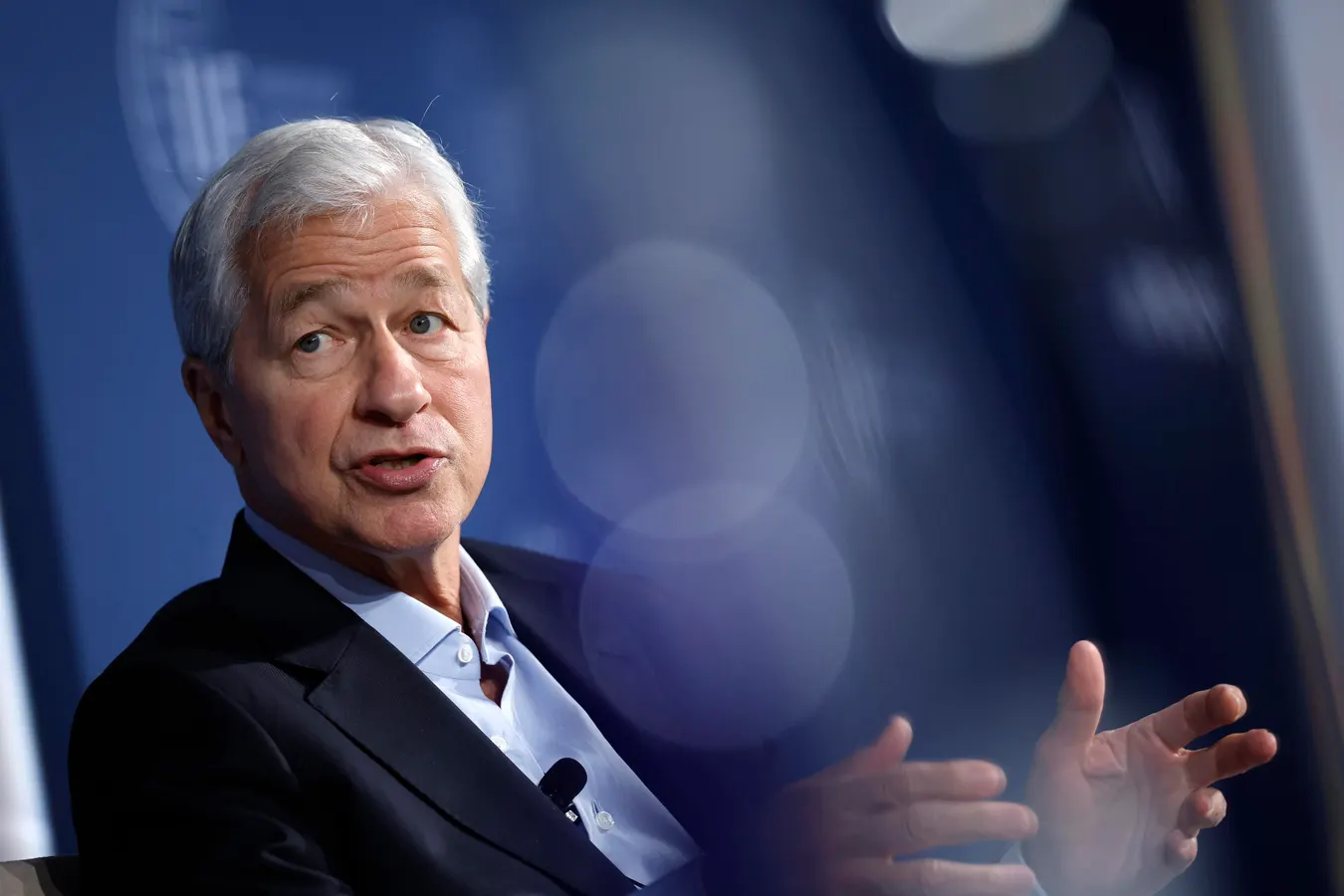Copyright scmp

Amid the apparent absence of a concrete deal being reached with Washington on one of Beijing’s long-standing points of trade contention – export controls on the most advanced semiconductors – analysts say it reflects China’s increasing resolve to become more independent from the US. After a meeting with President Xi Jinping in South Korea on Thursday morning, US President Donald Trump said the two sides “did discuss chips”. “China is going to be talking to Nvidia and others about taking chips … and I’ll be speaking to Jensen [Huang] from Nvidia,” Trump told reporters aboard Air Force One, referring to the world’s top chip designer and its CEO. “I said that’s really between [China] and Nvidia, but we are sort of the arbitrator or the referee,” Trump added. His comments came as the two sides announced progress on other issues, including tariff reductions and pauses; rare earth export controls; agricultural purchases; and suspensions of port fees. However, experts caution that these concessions should not be mistaken for fundamental shifts in the strategic rivalry between Washington and Beijing. Instead, they represent tactical moves by both sides to buy time and manage vulnerabilities, according to Junyu Tan, a regional economist for North Asia with credit insurance company Coface. “For China, this means accelerating efforts to reduce its reliance on the US for advanced chip technologies,” Tan said. We’re seeing a big push and pull between the economic and security voices in the US administration Nick Marro, Economist Intelligence Unit Knowing that the loosening of controls on semiconductors is a key ask from Beijing, Trump has shown a willingness to compromise on the issue, observed Nick Marro, principal economist for Asia and the lead for global trade at the Economist Intelligence Unit. But he added that the US national security establishment and Congress, across party lines, have been opposed to any easing in US policy. “We’re seeing a big push and pull between the economic and security voices in the US administration,” he said. “The administration will have to strike a fine line balancing these competing views.” But all of this is now complicated by the fact that China is also becoming less restrained in the sector, Marro explained. “For years, Chinese officials have issued guidance – both explicit and implicit – for local companies to cut American products out of their supply chains,” he said. “But now the message seems more urgent, and more forceful.” The Trump administration has vacillated on allowing Nvidia’s advanced chips into China, uncertain of whether it would create dependency or boost China’s military and tech sectors. After briefly banning sales of Nvidia’s China-specific H20 AI chip, the US lifted the ban as part of rare earth negotiations in July. Later, however, Chinese regulators reportedly ordered leading technology companies to halt purchases of those chips, with Beijing launching antitrust investigations into Nvidia while raising questions about security risks. Nvidia’s Huang said on Tuesday that his company had not applied for US export licences to send its newest chips to China, because of the Chinese position. “They’ve made it very clear that they don’t want Nvidia to be there right now,” he said during the company’s developers’ event. Wang Dan, China director at Eurasia Group, said the 15th five-year plan that Beijing just formulated made it particularly clear that the country would focus on “original innovation”, meaning China realised that buying US chips was unsustainable and unreliable, even if short-term imports were possible and might address immediate needs. “Therefore, China is now directing more resources towards achieving breakthroughs,” Wang said. As for negotiations with the US in the long run, China is also unlikely to make excessive concessions if the US temporarily relaxes chip-export controls at some point, she added. “I don’t think China will entirely lift its rare earth controls just because the US rolls back a small portion of its chip restrictions.”



